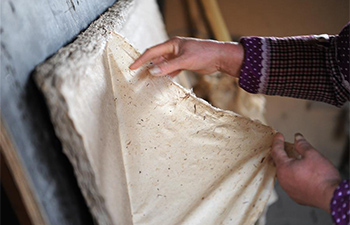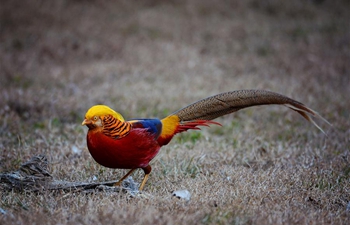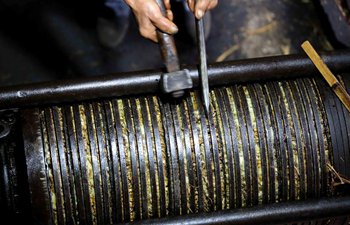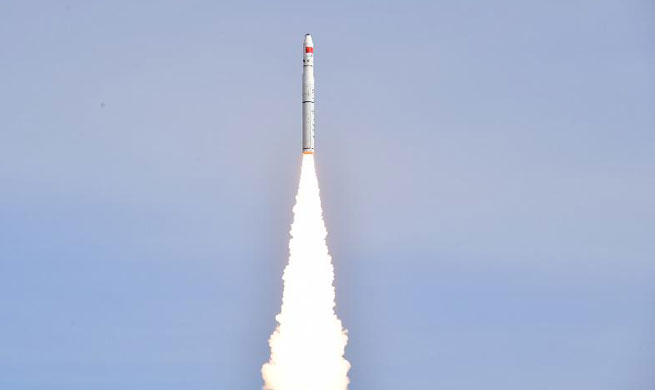BEIJING, Jan. 19 (Xinhua) -- For Chinese who often wonder whether they are a descendant of a historic figure with the same family name, genetic testing may now give them a scientific answer.
Beijing Somur Technology, a gene technology start-up, this week unveiled a DNA testing service that can help people find out where their ancestors came from, how they migrated across regions in ancient times, and perhaps most intriguingly, whether they were people who left a mark on China's history.
"The service caters to people who are eager to know more about themselves," said Zhao Nan, co-founder and chief science officer of Somur. "It is in essence a cultural product produced by scientific means."
The technology behind the service, which relies on testing of DNA on the Y chromosome, mitochondrial DNA, and nonsex chromosomes, has been around for a while, Zhao said, but the decreasing cost of testing has enabled companies to explore more customer-oriented applications.
To take the test, a user needs to take a saliva sample by swiping the inside of his or her cheek and send it to Somur's lab. The company then analyzes the DNA and compares it with samples in a large database, and the results appear in an app on the user's mobile phone within weeks.
In one example, a user was identified as about 93 percent northern Han Chinese and nearly 6 percent Siberian. His ancestors originated from east Africa, journeyed across Arabian Peninsular and north of Indian subcontinent, before entering China from the south and settling in the heart of the country.
Veneration of ancestors is an important part of Chinese culture. People pay tribute to their ancestors annually on Tomb Sweeping Day and many families keep books of detailed genealogical records listing the members of each generation.
"It means a lot for many people to find out stories about their ancestors. This gives them a sense of belonging and could help guide their way forward," said Cai Huaye, vice president of Chinese National Geography magazine, a partner of Somur.
Along with the new testing service, Somur also launched a project that aims to construct a more complete picture of Chinese genealogy, with a focus on family names.
The project relies on the analysis of DNA on the Y chromosome, which is passed down from father to son, the same way as Chinese family names. Therefore, small genetic changes in the Y chromosome could become markers of descent and help people trace their ancestors.
"It would be very exciting for people to find that one of their ancestors was actually the protagonist in a historic event some 700 or 800 years ago," Zhao said.
He said the project could also help enhance people's Chinese identity, which is more of a cultural concept than one based solely on lineage, given the myriad of integration and migration of different ethnic groups in the country's long history.
"What we do is to produce more biologic evidence that could better define who we are as Chinese," Zhao said.

















